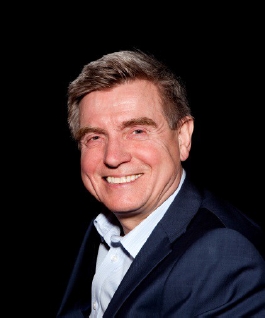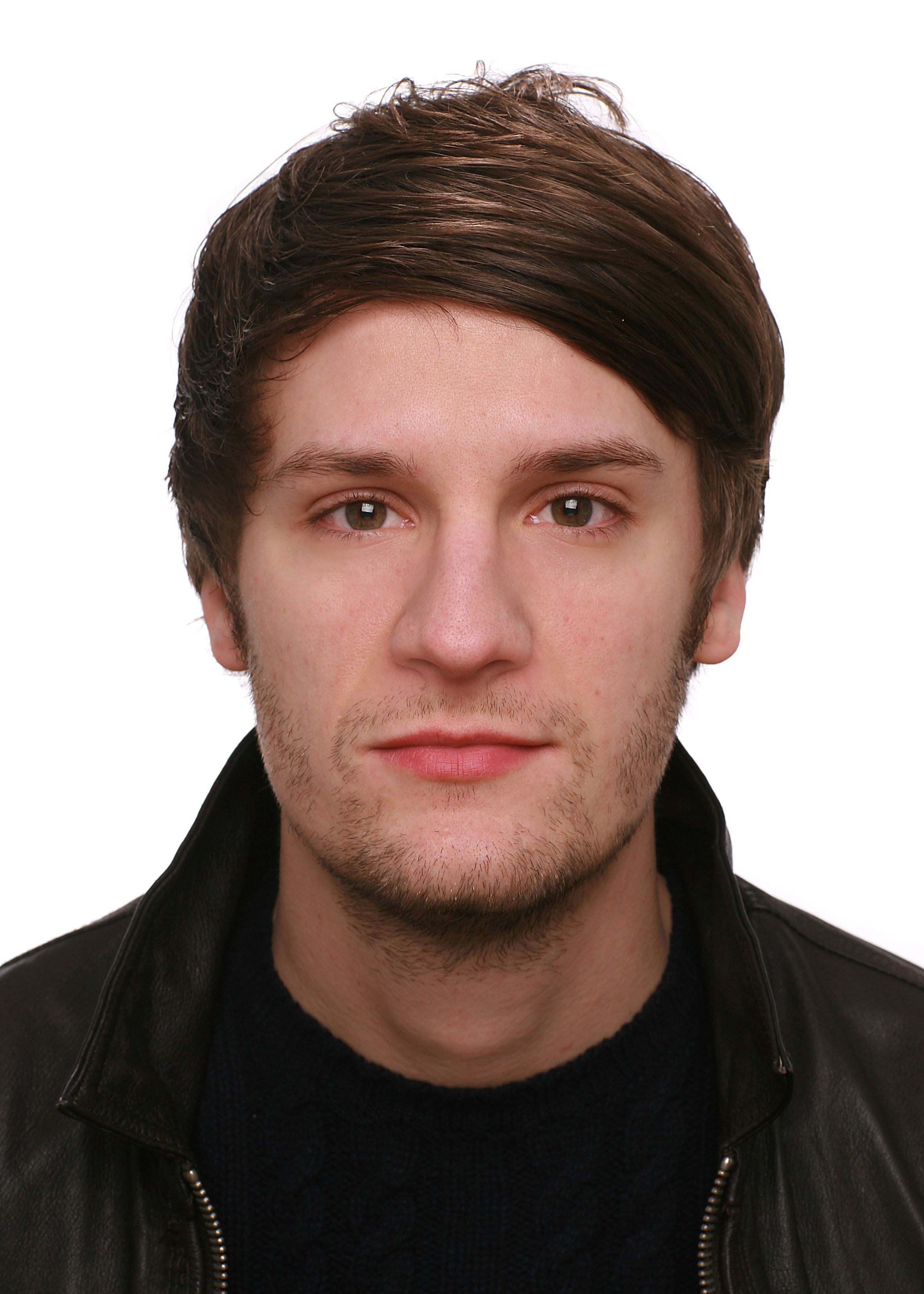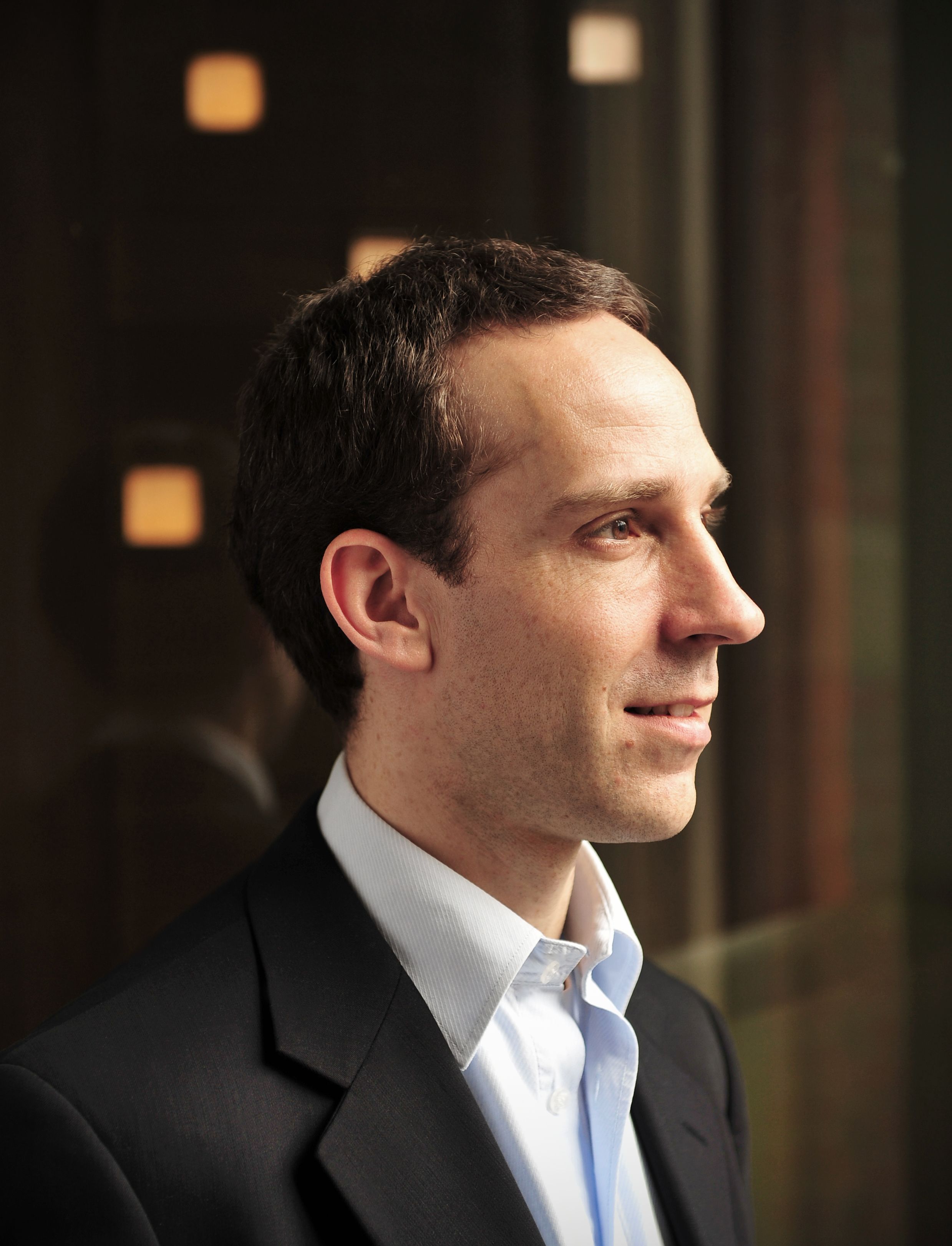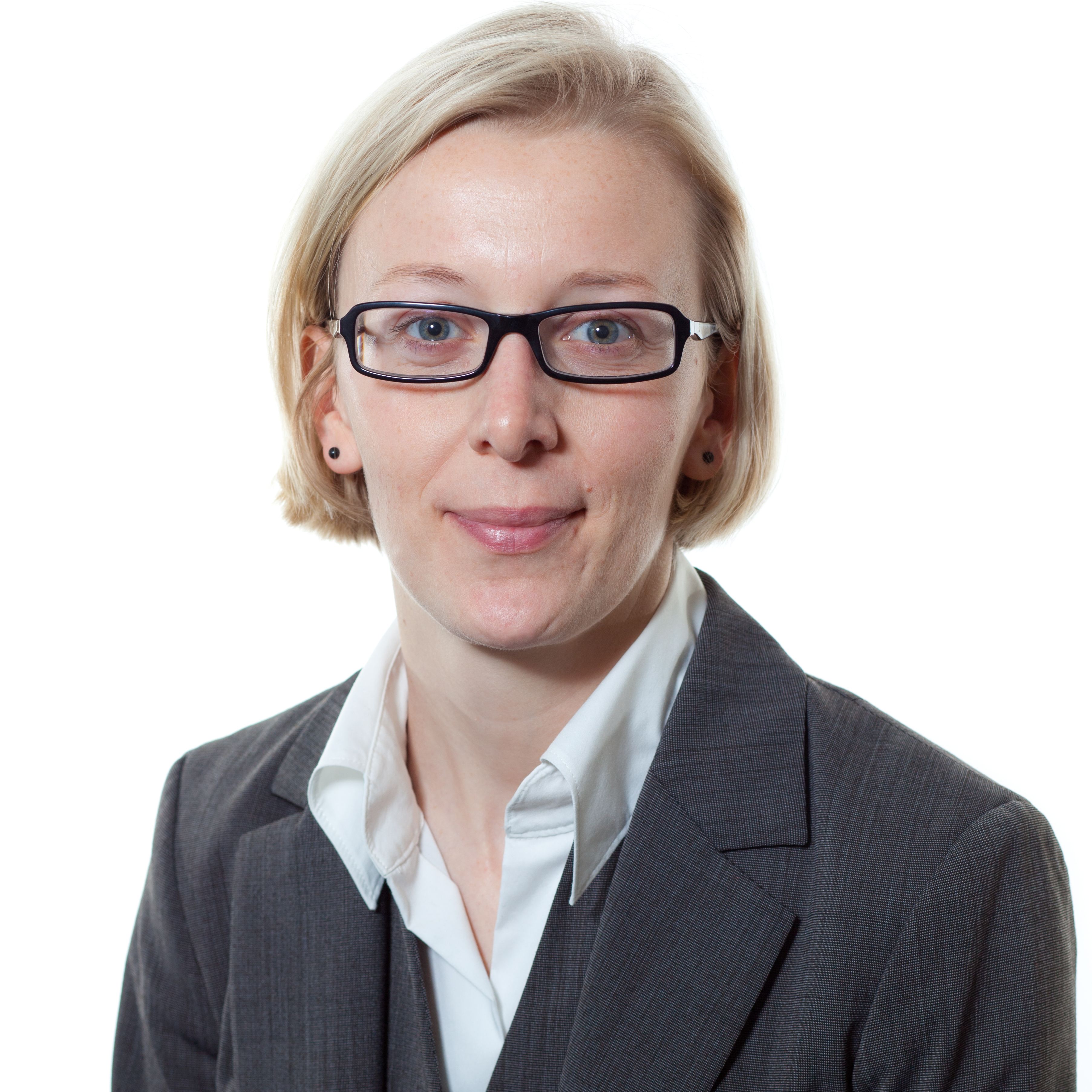Month: June 2014
Welcome and introduction
Brave digital world! Challenges and strategies of online archives and repositories (Maria Seissl)
Maria Seissl is the head of the service department for libraries and archives at the university Vienna.
Workshops (1)
Workshops (2)
Lunch break
Panel discussion “Preserving cultural heritage in the digital information society”
“Preserving cultural heritage in the digital information society”
Panel discussion about the actual practices of archives, media centers and libraries.
With
Gerhard Baumgartner (Dokumentationsarchiv des österr. Widerstands)
Julia Fallon (Stiftung Europeana)
Max Kaiser (Österreichische Nationalbibliothek)
Hermann Lewetz (Österreichische Mediathek)
Moderation: Anna Masoner (ORF Ö1)
Brunch on Sunday

A National Library for the 21th Century – Content and services in The Digital Library (Roger Jøsevold)
Roger Jøsevold (Nationalbibliothek Norwegen, Oslo): A National Library for the 21th Century –
Content and services in The Digital Library
In 2004 the Norwegian National Library (NLN) adopted a digital strategy saying that The National Library shall be the core of a Norwegian digital library.
Within the framework of this strategy NLN has launched a digital library service with content from a range of media. Some examples:
• An agreement between the Norwegian Collecting society Kopinor and NLN agreed upon in 2012 gives everyone with a Norwegian IP-address access to all books published in Norway up through the year 2000. The agreement is based on the legal platform of extended collective licensing.
• Through agreements with newspaper-publishers NLN has digitized their historical collections and secured access to these in all Norwegian Libraries.
• Since 2001 NLN has had a close partnership with the Norwegian Broadcasting Corporation. In a joint operation the historical radio archive of the broadcaster has been digitized. Part of this archive is now being disseminated through NLN´s digital library services.
The effect of having made this historical content accessible on nb.no can be seen through the user statistics. During the last four years there has been an annual growth of users by 40-50 %. In March this year there was an all-time high with a total of more than 400 000 visitors to nb.no. The number must be compared with the fact that Norway is a small country with only five million inhabitants.
Copyright and cultural heritage – a construct between reality and fiction (Paul Klimpel)
Paul Klimpel (iRights Lab Kultur, Berlin).

Memory institutions, online archives and copyright (Felix Trumpke)
Felix Trumpke (Rechtsreferendar am OLG Frankfurt/Main): Gedächtniseinrichtungen, Online-Archive und Urheberrecht – Liegt der Schlüssel zu den Archiven in Skandinavien?
Der Vortrag beschäftigt sich mit der Frage der Nutzung von urheberrechtlich geschützten Werken durch Gedächtniseinrichtungen im Kontext von Online-Archiven und diskutiert verschiedene Lösungsmöglichkeiten, insbesondere das seit langer Zeit in Skandinavien praktizierte Modell der Erweiterten Kollektiven Lizenz, das zwar durchaus vielversprechende Ansätze aufweisen mag, dessen Ursprung und Eigenheiten aber gleichzeitig nicht verkannt werden dürfen.
Lunch break

Mass-digitization and (extended) collective licensing: the way forward? (Stef van Gompel)
Stef van Gompel (Institute for Information Law, Amsterdam):
Mass-digitization and (extended) collective licensing: the way forward?
This presentation will discuss licensing problems associated with mass-digitization projects and how (extended) collective licensing mechanisms can provide a solution to the most pressing issues that archives, libraries and museums face when they aim to make their collections available online. While (extended) collective licensing is the most obvious and perhaps best possible solution for any large-scale rights clearance operation, especially where right owners are unknown or very difficult (if not impossible) to find, it also comes with a number of disadvantages. These include the dominant position of collective rights management organizations, their uncertain licensing mandate, and the fact that the collected royalties may not always be distributable to the relevant right owners. Nevertheless, it will be concluded that some of the disadvantages might be legally overcome and others may need to be accepted if we wish to make Europe’s cultural heritage available online.

Electronic Reading Terminals – ECJ Case TU Darmstadt vs. Eugen Ulmer in its European Context (Diana Ettig)
Diana Ettig (Hogan Lovells, Frankfurt/Main): Elektronische Leseplätze: Das EuGH-Verfahren Technische Universität Darmstadt gegen Eugen Ulmer im europäischen Kontext
Diana Ettig berichtet in ihrem Vortrag „Elektronische Leseplätze“ über das Musterverfahren Technische Universität Darmstadt gegen Eugen Ulmer, welches derzeit vor dem Europäischen Gerichtshof anhängig ist. Darin geht es um die Auslegung von Artikel 5 Abs. 3 lit. n der europäischen Urheberrechtsrichtlinie (RL 2001/29/EG). Die Schrankenbestimmung ermöglicht es öffentlichen Bibliotheken, Archiven und ähnlichen Einrichtungen, urheberrechtlich geschützte Werke an elektronischen Leseplätzen zugänglich zu machen. In der praktischen Anwendung wirft die Vorschrift, welche von vielen Mitgliedstaaten in nationales Recht umgesetzt wurde, jedoch zahlreiche Fragen auf. Diese wurden nunmehr dem Europäischen Gerichtshof im Rahmen eines Vorabentscheidungsverfahrens vorgelegt. Diana Ettig ist Rechtsanwältin in der Sozietät Hogan Lovells und vertritt gemeinsam mit ihrem Kollegen Dr. Nils Rauer die TU Darmstadt in dem Verfahren, welches sie in ihrem Vortrag in seinen europäischen Kontext stellen wird.
Panel discussion “New frame conditions for the accessibility of cultural heritage”
“New frame conditions for the accessibility of cultural heritage”
Panel discussion about the legal frame conditions and the possibility of their improvement in the digital information society.
With
Diana Ettig (Hogan Lovells, Frankfurt/Main)
Stef van Gompel (Institute for Information Law, Amsterdam)
Roger Jøsevold (Nationalbibliothek Norwegen, Oslo)
Paul Klimpel (iRights Lab Kultur, Berlin)
Felix Trumpke (Legal intern at OLG Frankfurt/Main)
Moderation: Leonhard Dobusch (Professor for organisational theory, FU Berlin)